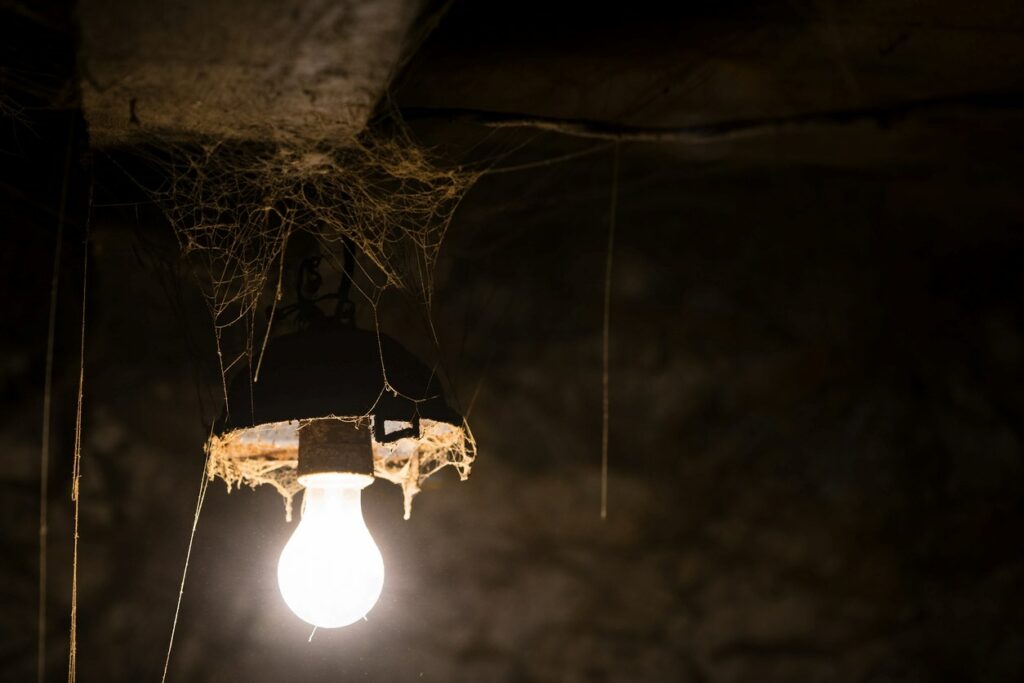You may have noticed insects invading your home as the cold winter weather arrives. This search for warmth is called “overwintering” and can be detrimental to your home. This article will discuss what overwintering is, what pests overwinter, why they do it, and how to prevent them from using your home to overwinter.
What Is an Overwintering Pest?
By definition, overwintering means to pass, spend, or survive the winter. Using any means necessary, insects and other pests try to find somewhere warm to survive the winter. This inevitably means seeking shelter inside a structure. Though some will resort to finding natural places—perhaps under bark, buried in the soil, or hidden under mulch or leaves—many insects prefer to spend the winter inside a building, where it takes far less work to survive. Thus, your home is the ideal place for an insect to overwinter.
What Insects Overwinter?
While many animals in the world overwinter (including certain birds, small vermin like hedgehogs, and various reptiles), insects are the most prevalent overwintering animals. No matter where you live, some insects will try to invade your home this winter. Here are some common pests to look out for:
- Ants
- Bees and wasps
- Beetles
- Box elders
- Caterpillars
- Cockroaches
- Crickets
- Flies
- Ladybugs
- Mosquitoes
- Moths
- Silverfish
- Spiders
- Stink bugs
- Ticks
It is important to note that the pests listed above (as well as any other insects specific to the environment around your home) can overwinter at any stage of life. Hiring professional pest control experts is vital to keeping these pests out of your house since they can overwinter as eggs and larvae.
There are also animals ranging from mice to raccoons and opossums that may use your house to overwinter. These animals can sneak into your home to wait out the cool weather, damaging your property and possibly even spreading disease.
Why Do Insects Overwinter?
Though some insects have the ability to partially freeze and lower body function to survive the winter, many have to find other ways to live once the weather cools off. Avoiding the cold is one of two reasons why insects seek shelter in the winter. The other is for a consistent food source.
Insects that do not have freeze-tolerance abilities must seek shelter in warmer environments. Extremely cold weather—like polar vortex temperatures—can kill many animals through hypothermia. Even with freeze tolerance or antifreeze chemicals, insects will not survive the extreme cold without a warm place to stay. However, even in a warmer climate like California, the cooler temperatures in winter can mean trouble for these pests.
Where Do Insects Overwinter?

Burrowing deep into the soil can provide bugs with warmth and protection from freezing. They can also use mulch, leaves, and bark for protection against freezing as well, but they are not foolproof methods of surviving the winter. The best place for insects to overwinter is inside warm structures.
During the winter, insects also lose a main source of food as many plants lose their leaves or hibernate for the winter. Many insects use plants as a source of food, so they can’t survive on the leaves that have fallen off trees. Entering houses or other structures in the winter gives many insects access to crumbs to keep themselves alive. Insects that need hosts or pests that are carnivorous can use the inhabitants of a house as sources of food.
Knowing that they may fall prey to the active members of a household, insects and spiders that choose to overwinter in a home prefer places where inhabitants are less active, including garages, attics, sheds, and basements. Some insects find themselves homes in sinks and linger around in bathrooms or kitchens. Others may be found in places with lots of clutter.
How To Prevent Insects From Overwintering in Your Home
No one wants to spend the holiday season being overrun by any number of pests invading their home. Here are a few steps you can take while the weather is still nice to prevent insects from entering your home this winter.
Check the Exterior of Your House
Many insects will take the chance to sun themselves on the side of your home as the weather cools off in the fall. As the temperature continues to drop, those same insects will look for crevices to sneak into your home. Sealing up these entry points is the best way to prevent them from getting into your house. Roofs, gutters, exposed pipes, and window and door screens are some of the easiest access points. Check these spots in the fall and seal them or replace them as necessary.
Do a Seasonal Deep Clean

Pests are attracted to and can easily hide in places that are cluttered and dirty. Go around your house and clean areas that are not usually cleaned in your regular cleanings. In this deep clean, you should also dust and remove webs. Some insects feed on dust mites that live in dusty areas and spiders have a difficult time finding food without a web, so getting rid of them helps eliminate other pests.
Check Heating Systems
You will likely be running the heat during the winter. It is important to change the furnace filter before you turn it on, to make sure all bugs are being kept out of your home through the filtration systems. It’s also a good idea to run the heat before temperatures really drop, to kill any bugs that may have entered your heating system, and to know if pests have caused any issues or damage.
Have Your Home Checked by Experts
Many pest control companies offer a winterizing option where experts in the pest control field come out and check your home for pests that may already be in them. Since these experts are trained on where to look and exactly what to look for, you can be sure your home will be safe from any insects attempting to join your family.
Protect Your Home From Overwintering Pests With Brooks Pest Control
Winter is a time of giving and gathering together, but that doesn’t mean your house has to become a free hotel for pests. By knowing which pests overwinter, where they like to hide, and how to prevent overwintering, your house can be safe from all pests so you can enjoy the holidays without the additional stress of eliminating pests. Contact Brooks Pest Control today for a free estimate and keep your home pest-free this winter!